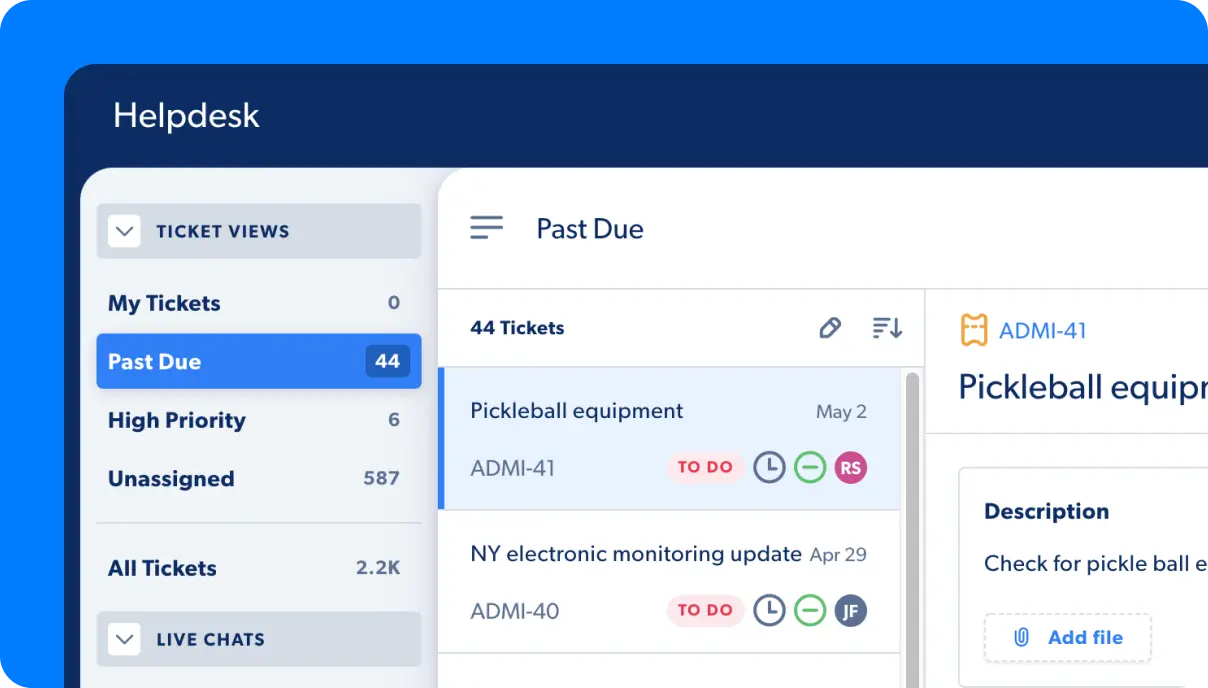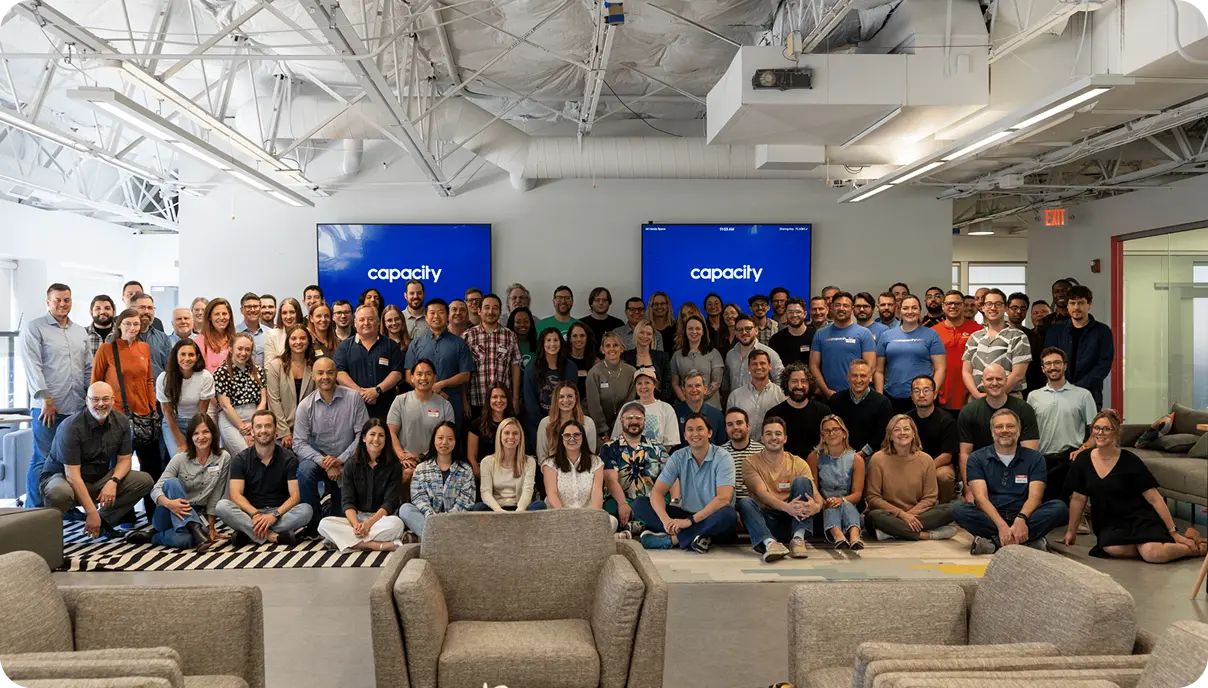In any industry, employees are an integral part of business performance and build critical knowledge and expertise that help drive company success. Many companies lose valuable employees because they don’t make their employees feel valued and promote a work culture that breeds efficiency, productivity, and innovation.
Mortgage companies are no exception when it comes to why employee experience matters. A lack of morale and enthusiasm, or what you might call “burnout,” can lead to company problems. Those can include higher turnover rates and lower customer satisfaction—both of which hurt business performance.
Focusing on improving the employee experience has several benefits. These include increased customer satisfaction, improved productivity, and lower employee turnover. Organizations that build a strong company culture encourage employees at all levels to take ownership of their jobs, serve customers at the highest level, and persevere through challenges.
This article will cover the benefits of employee engagement in-depth and talk about how technology can help improve the employee experience without increasing costs.
The benefits of employee engagement.
Increased customer satisfaction.
By focusing on the employee experience, you ensure that the process goes smoothly for both your customers and your employees. In any company, customer experience starts with your employees interacting with your customers.
Are your employee-customer interactions creating a solid foundation for outstanding customer experiences? Are employees equipped to share required information, answer questions clearly, and solve customer problems? Are they able to go the extra mile for some customers? Do some employees make mistakes because of a lack of knowledge or training?
Happy employees create a better customer experience. This is because happy employees are more motivated to create positive experiences for the company’s customers. They’re also more likely to go above and beyond to help customers, even if their job description doesn’t require it.
In the lending world, this could mean that a loan officer is more likely to go out of their way to get a customer’s deal approved if they’re happy with their work environment. As a result, customers report having better experiences at companies known for providing exceptional employee engagement.
Improved productivity.
When employees feel valued and respected, they’re simply more likely to do their best work. Engaged employees are more productive in their jobs. Plus, they’re less likely to quit because of low satisfaction. That’s why employee engagement corresponds with revenue growth and high performance, reducing turnover costs.
In addition, enthusiastic employees are more likely to be proactive in their work. They’re more likely to suggest improvements or experiment with new strategies.
Happy employees are less stressed, which makes them more efficient workers. They’re also more willing to do the work needed to get a deal approved than less engaged workers.
Lower employee turnover.
Employee engagement correlates with employee retention. By continually engaging employees through small, everyday interactions, you’ll retain workers over the long term.
Employees are more likely to stay at a job when they’re engaged in their work. This reduces hiring costs and the time needed to find qualified employees.
Retaining existing employees also reduces the costs associated with turnover, which can be upwards of 30% of an employee’s salary when you factor in training time and lost productivity. In contrast, others work extra hours to cover for the vacant position.
How can companies provide a compelling employee experience?
Many companies who want to create a positive employee experience don’t know where to start. The good news is that it’s often not too expensive or difficult. Some companies opt for traditional perks like on-site daycare and movie rooms. These are great, but they don’t improve the overall employee experience as much as changes like:
- Employees that feel free to give honest feedback about company policies
- A comfortable and ergonomic physical workspace
- Exit interviews that allow employees to speak openly about why they’re leaving
- Performance reviews that help employees with their career progression
- HR teams that prioritize employee training needs, leading to a more knowledgeable workforce
Technology tools also make it easier for companies to retain talent, particularly in the mortgage industry. The lending process is complex and fraught with risk. Compliance issues, documentation errors, and more can result in rejected applications — which means a lot of work with no results.
How Capacity can help.
Mortgage support automation program Capacity makes life easier for everyone, including employees. It’s a single platform that simplifies workflows and provides lenders with everything they need to get loans closed faster. It also streamlines the lending process so that no one has to spend time on boring or painstaking clerical work.
With Capacity, lenders can upload documents in a single click and immediately index them, so they’re easily searchable. This means employees can find the information they need without wasting time asking for help.
Capacity gives team members instant access to systems like Fannie Mae and Freddie Mac and USDA, FHA, and VA guidelines.









































